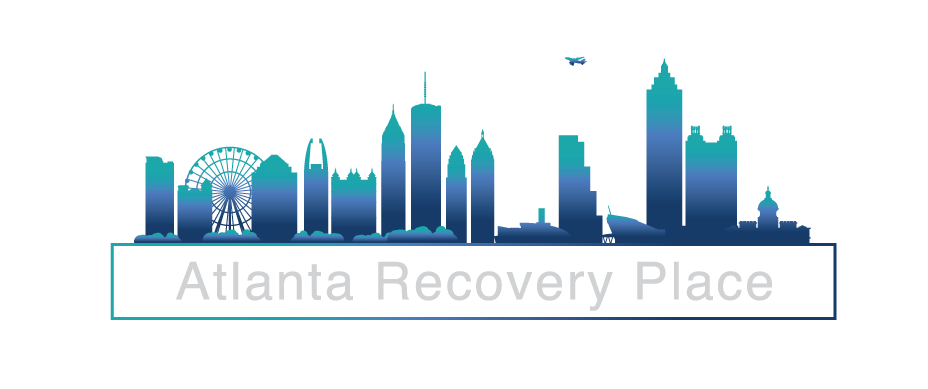Recovery is not easy. There are many challenges people face in their journeys to wellness.
One of the most difficult challenges is trying to adjust to the ‘real world’ after getting out of rehab. Many people struggle to get back on their feet. They may have trouble finding a job and housing. This type of stress can become overwhelming, so people end up relapsing.
But there are steps you can take that will improve your chances of getting a job after rehab. Once you are working, you will earn money for housing and feel more confident and productive. This will make you less likely to go back to using.
The Importance of Getting a Job After Rehab
It’s important to get a job after rehab. A job helps a person feel like a productive member of society which boosts their feelings of self-worth, making them less likely to use. It keeps them on track, so they have less time to think about drugs and alcohol. It allows them to pay rent or mortgage, so they have a comfortable and safe place to live.
But finding a job after rehab is not always easy. Employers will want to know about gaps in your employment. If you have a criminal record due to drug use in the past, they may be reluctant to hire you. They may question an educational experience or skills deficit due to a troublesome history.
Fortunately, there are ways to get past these obstacles. Here are some helpful tips.
Tips for Getting a Job After Rehab
Grow Your Network: The old saying is true, it’s not what you know; it’s who you know. The more people you know, the more likely you will be to get a job.
It may be challenging to make connections after you have been isolated due to drug use and rehab, but there are likely people you can turn to. The members of your recovery group may be able to provide you with the support and resources you need.
Don’t Hold High Expectations: If you are fresh out of rehab, you may have to accept a job that is below your expectations. These may include entry-level positions in industries that you are not passionate about.
But it’s important to be open-minded and grateful for what you have. You never know where these opportunities may take you.
Volunteer: Volunteering is a great way to build your skills and resume. It will also give you a sense of purpose and a connection to your community.
Utilize Job Resources: There are plenty of job resources out there, including workshops, training, events, and job boards. Some specifically cater to people fresh out of treatment. Leave no stone unturned when it comes to finding employment.
Don’t Mention Recovery Unless It’s Necessary: An employer does not need to know about your history of addiction. It’s not dishonest to tell an interviewer that you were taking a ‘professional sabbatical’ when they ask about gaps in employment.
Sober Living Facilities: If you check into a sober living facility after rehab, they may provide job training and resources to help you find employment as you transition back into the ‘real world.’ Atlanta Recovery offers this service to our patients.
Atlanta Recovery Place
At Atlanta Recovery, we start by pairing our patients with a customized therapy plan.
Once people graduate, they move on to a recommended sober living facility. They will enjoy a peaceful, safe environment, and they will be given the tools they need to make a healthy adjustment to sobriety. Getting a job after rehab is not easy. Atlanta Recovery will give you the resources you need to move forward. Call us to find out how you can enjoy the long-term health and happiness you deserve.




